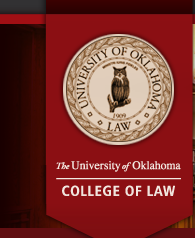Document Type
Article
Publication Date
2021
Publication Title
Georgetown Journal of Legal Ethics
Abstract
Bias and prejudice are pervasive in the legal profession. Yet only relatively recently has there been a recognition among those in the profession that it is imperative to sanction attorneys who manifest bias and prejudice through harassment and discriminatory acts. Even then, it took decades for the ABA to adopt Model Rule 8.4(g) to proscribe such misconduct, and its reception by states has been lukewarm at best to antagonistic at worst. This recent controversy leads to an even more fundamental question: How can the legal profession effectively regulate the multitude of ways in which an attorney may commit misconduct, given our evolving understanding of what it means to be “fit” to practice law? If disciplinary authorities had a general catchall rule, they could regulate misconduct in the ever-changing ways that it is manifested. In fact, the ABA once had just such a rule, the fitness to practice provision, but it was eliminated due to unsubstantiated concerns of vagueness, overbreadth, and duplication. This Article undertakes a groundbreaking empirical study of the fitness to practice provision, to determine whether it should be readopted by the ABA and states to regulate elusive misconduct. Through the use of innovative analytical techniques marshaling eight years of data and more than 2700 disciplinary actions, this Article finds that the fitness to practice provision remains a valuable tool in the seven states that have retained it to regulate particularly egregious conduct that is not fully captured by other rules and to sanction misconduct that falls within a gap in the rules—including discrimination, harassment, abusive conduct, sexual misconduct, and breaches of trust. Provided that disciplinary authorities implement the best practices concerning its use, all states should adopt the fitness to practice provision to effectively sanction elusive misconduct.
Volume
34
First Page
355
Recommended Citation
Jon J. Lee, Catching Unfitness, 34 Geo. J. Legal Ethics 355 (2021).
